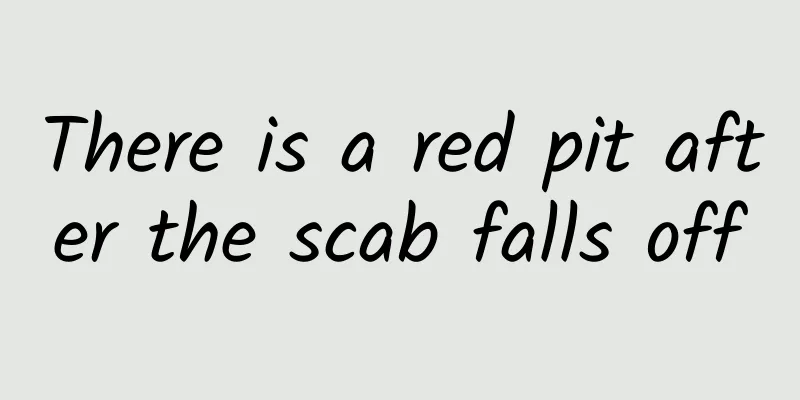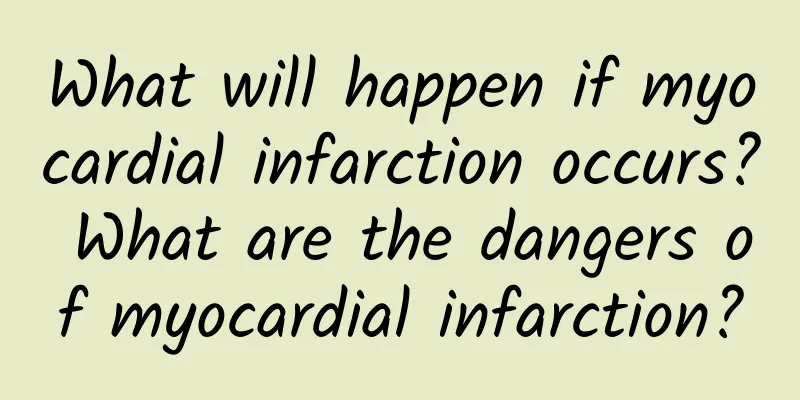Are there serious consequences for stopping psychiatric drugs?

|
Mental illness is a factor that has a great impact on modern life. Mental illness often causes great harm to patients, leading to confusion and so on. Taking psychiatric drugs is the most effective way to control it. However, long-term use of psychiatric drugs will cause dependence, resulting in more severe relapse symptoms after stopping the drugs. Let's take a look at the consequences of stopping psychiatric drugs. Schizophrenia is a psychiatric illness, a persistent, usually chronic, major mental illness, the most serious of all mental illnesses, and the most common type of mental illness characterized by basic personality changes, split thinking, emotion, and behavior, and incoordination between mental activity and the environment. Because drugs for the treatment of mental illnesses can cause a certain degree of damage to the body, many patients stop taking the drugs or reduce the dosage when they feel they are in better condition. Such behavior is wrong and may cause a relapse of schizophrenia. If the patient wants to reduce the dosage or stop taking the medication, he must do so under the guidance of a doctor. Otherwise, the old illness will relapse and he will be hospitalized again. It will take a long time of treatment to control the condition, and the dosage of the drug used will be several times larger than the original dosage. Why is this happening? This is because when the disease first occurs, continuous medication not only ensures that the drug reaches an effective therapeutic dose, but also forms a certain "accumulation" of the drug, so that once the drug is stopped, it can still maintain a certain effective time. However, as the "accumulation" continues to decrease, when the blood drug concentration is significantly lower than the effective range, schizophrenia will relapse. When treating again, in order to achieve the stable therapeutic effect achieved by the first medication, it is necessary to increase the dosage. Experts suggest that the only way to achieve the goal of consolidating therapeutic effects and avoiding relapse with the lowest possible drug dose is to insist on taking maintenance doses of antipsychotic drugs. Since different patients take different medication doses, patients should ask an experienced psychiatrist to adjust the medication dose according to their specific circumstances. Reasonable use of drugs can also minimize the side effects of drugs. |
<<: What medications are used to treat Parkinson's disease?
>>: What should I do if my anus hurts when I poop?
Recommend
What are the symptoms of gallbladder stones?
Gallbladder stones are a type of stone disease wh...
What is the reason for high serum triglycerides?
If triglycerides are too high, it will certainly ...
Symptoms of respiratory failure
Respiratory failure is a disorder in the lung'...
Superficial antral gastritis
Everyone should be familiar with superficial antr...
What to do if your face is allergic and hot
Some friends may have allergies on their facial s...
Lactose intolerance
Many of you may not have heard of lactose intoler...
What kind of tea is good for regulating dampness?
In fact, drinking tea is a very good health-prese...
What to do if you have calculus on your teeth
For many friends who do not pay attention to oral...
The menstrual flow is light and has lasted for many days.
Menstruation has been with us since teenage years...
There is a hard lump on the left side of my stomach
A normal person's stomach should feel soft to...
Will taking Chinese patent medicine turn your stool black?
Traditional Chinese medicine treatment is becomin...
Do you know which acupoints to moxibustion for pharyngitis?
Usually we are always troubled by pharyngitis, so...
What causes ground-glass opacity in the lungs?
When the lungs are inflamed or diseased, ground-g...
What are the symptoms of a broken lower arm?
Arm pain is a manifestation of pain in the lower ...
Doing one thing before going to bed increases the risk of sudden death in the elderly
Many elderly people have the habit of drinking tw...









